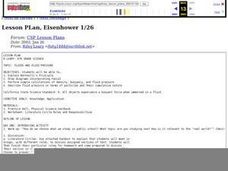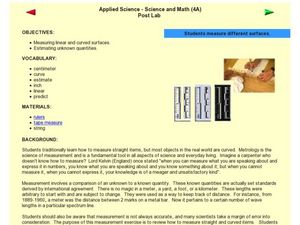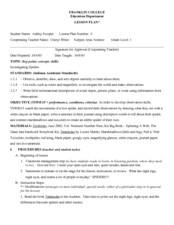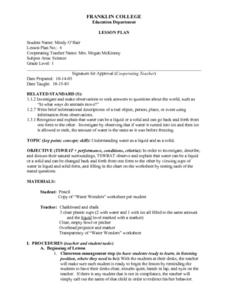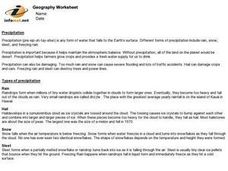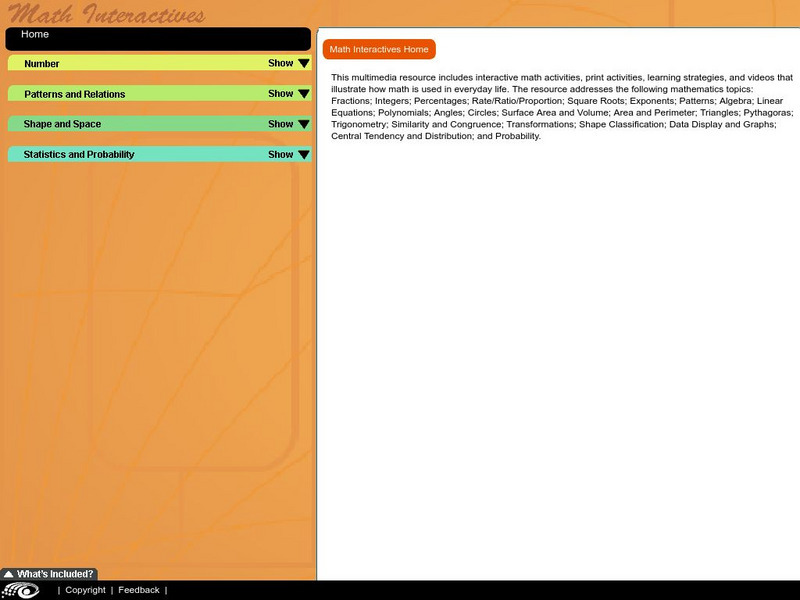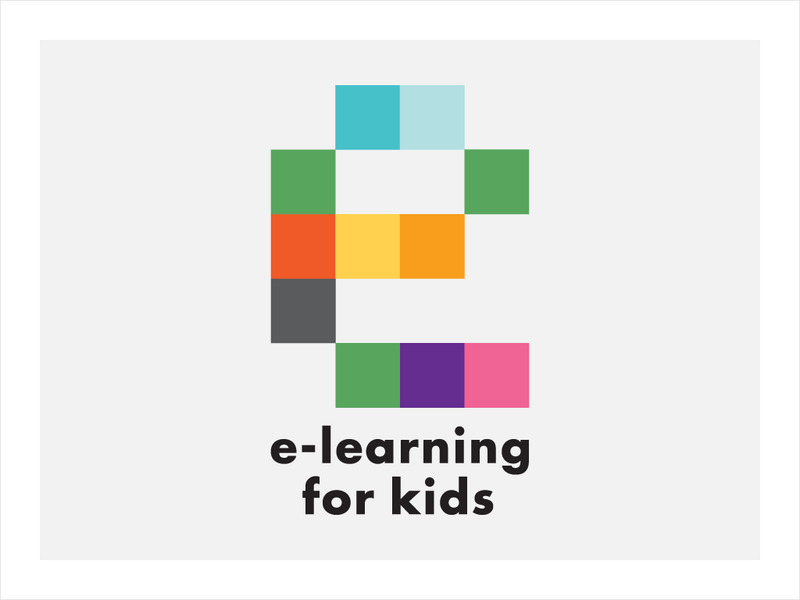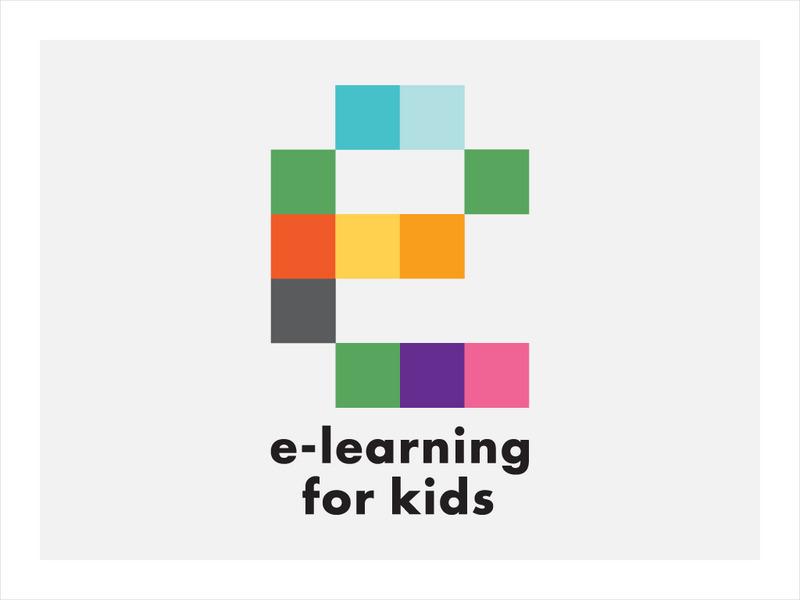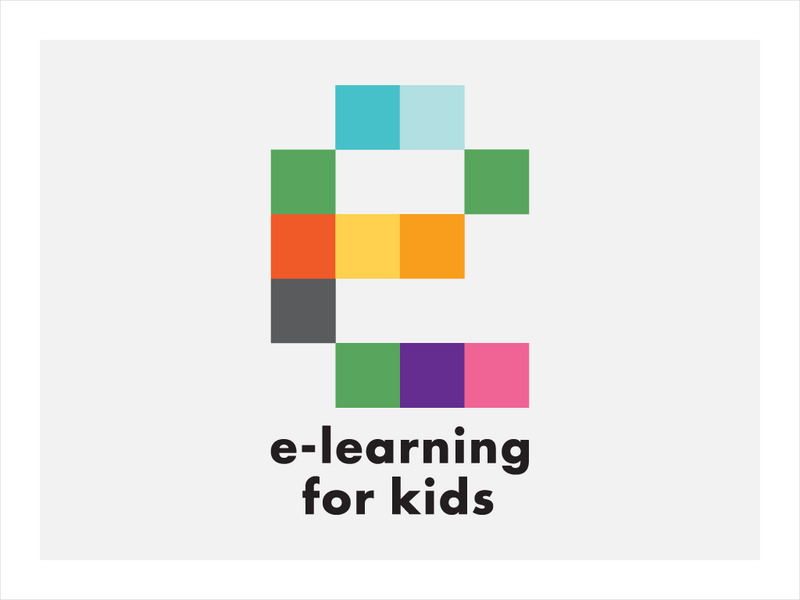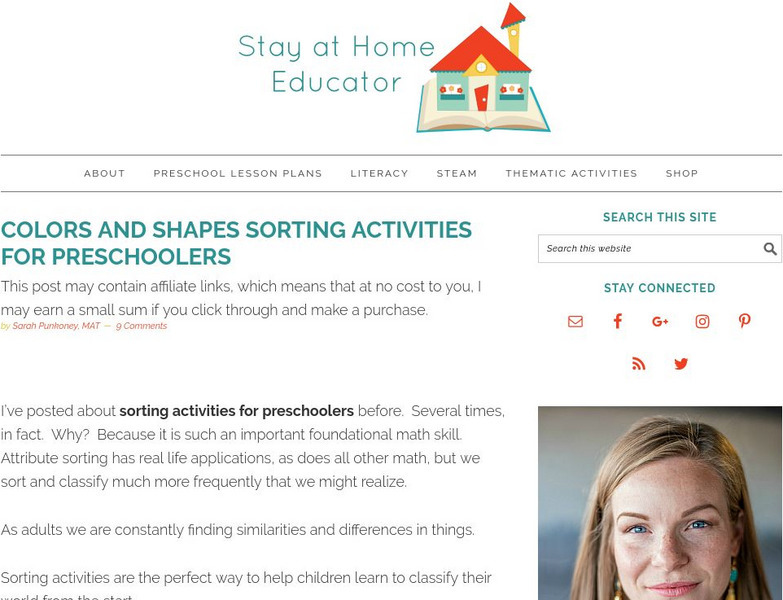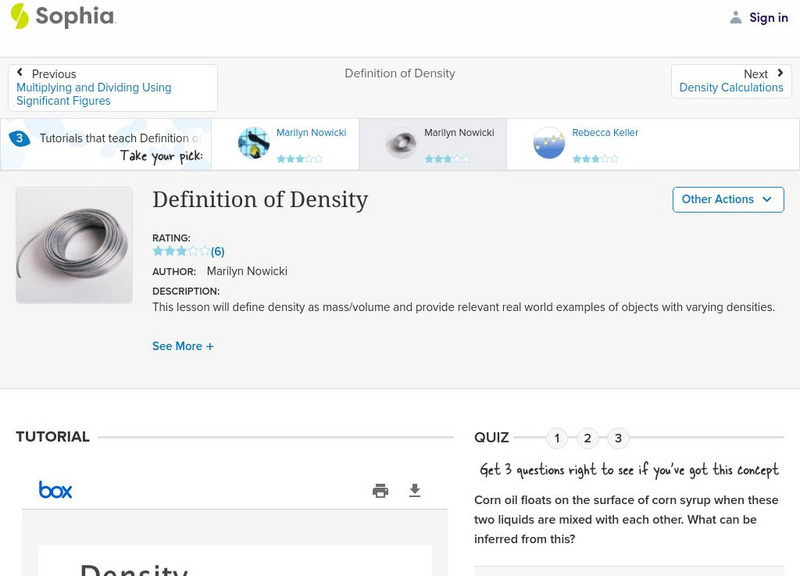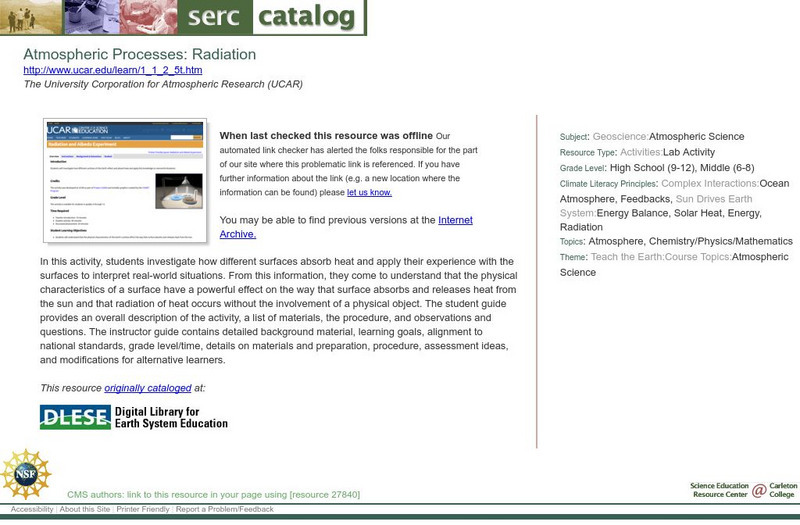Curated OER
Down by the Bay
Students listen to teacher read books about fish and participate in activities in order to explore how to identify bluefish. They count and graph the numbers of fish they find in simulated fishing activities.
Curated OER
The Dot and Dashy Language
Students examine and discuss the Morse Code. In small groups they develop messages using Morse code and take turns decipering the messages.
Curated OER
Taking Numbers Personally
Students are given a card with a number on it. They match up with other students holding a different representation of the same number. They create a simple story problem.
Curated OER
Eisenhower 1/26
Eighth graders identify and explain what Bernoulli's Principle is and draw diagrams to incorporate Pascal. They also perform simple calculations of density, buoyancy, and fluid pressure. Finally, 8th graders describe fluid pressure in...
Curated OER
Potato Launcher Energy Lab
Students investigate conservation laws using a potato launcher. In this physics lesson, students measure angles, time and distance of the potato. They discuss applications of experiments like this.
Curated OER
Measuring Different Surfaces
Fourth graders investigate measurement of linear and curved surfaces. In this math lesson, 4th graders discuss how to measure curved surfaces and work with a partner to measure various curved surfaces.
Curated OER
Push or Pull
Students examine a large box and determine how they may move the box to a specified point. After the class makes predictions, they test them and decide what worked and what didn't work. Through their tests, push and pull are introduced....
Curated OER
Observation Skills
First graders observe a spider and write sentences about what they see the spider doing. In this writing lesson plan, 1st graders draw what they see, then make an edible spider out of marshmallows and twizzlers. A fun, delicious lesson...
Curated OER
Refrigerator to Renoir: Ten Great Art Lessons on the Net
Every learner can be an artist with a series of activities designed to access their creativity. With reference links and instructional ideas, this art resource is sure to enrich your class and bring new ideas to even your most reluctant...
Curated OER
Water - Solid and Liquid
First graders conduct a science inquiry by comparing water in its liquid and solid form. The students describe the different stages of water and complete a worksheet answering questions about each form of the water. Teacher assessment...
Curated OER
Precipitation
Fourth graders identify the conditions that create rain. They read and discuss weather records, and write a news article that includes factual information fom one of the listed weather records.
Government of Alberta
Learn Alberta: Math Interactives: Classifying Quadrilaterals
This multimedia that includes a short video [1:19] and other interactive activities on Learn Alberta math resource looks at real-world examples of shape classification in the investigation and solving of crimes. The accompanying...
E-learning for Kids
E Learning for Kids: Math: Living in the Mill: 3 D Objects
On this interactive website student practice various math skills using a real life scenario at an ice cream party. Those skills include naming and identifying spheres, cones and cylinders.
E-learning for Kids
E Learning for Kids: Math: Living in the Mill: 3 D Objects
On this interactive website students practice various math skills using a real life scenario at a toy store. Those skills include describing the features of pyramids, prisms, cones, cylinders and spheres.
E-learning for Kids
E Learning for Kids: Math: Pizza (Italian) Restaurant: 3 D Space
On this interactive website students practice various math skills using a real life scenario. Those skills include identifying 3D objects, identifying the similarities and differences in prisms and pyramids, and drawing 3D shapes such as...
E-learning for Kids
E Learning for Kids: Math: Inca Temple: Number: Count to 30
On this interactive website, student practice various math skills using a real life scenario at the Incan pyramids. Those skills include reading numbers from 0 to 30 and matching numbers to the number of objects.
PBS
Pbs Learning Media: Finding Patterns to Make Predictions
Make predictions then explore the patterns found in everyday objects like stairs. This interactive exercise focuses on developing an equation to represent a mathematical rule and working with virtual manipulatives to visualize a concept,...
Alabama Learning Exchange
Alex: Circling Around
Middle schoolers will calculate the diameter, circumference, and ratio of a real world object. Students will create an electronic slideshow to illustrate the process of determining the diameter, circumference, and ratio of these objects.
Other
Stay at Home Educator: Colors and Shapes Sorting Activities for Preschoolers
Sorting activities are the perfect way to help children learn to classify their world from the start. This article explains why this skill is so important in the "real world" and contains a list of sorting activities for preschoolers.
Sophia Learning
Sophia: Definition of Density
An introduction to the definition and formula of density, complete with real world examples of objects with different densities.
Alabama Learning Exchange
Alex: "Polly"gon Pockets
Lesson plan that helps learners explore the attributes of polygons through the use of cooperative groups. Students use jigsaw puzzles and foldable polygons. They also connect the attributes of specific polygons with objects in the real...
Sophia Learning
Sophia: Definition of Density: Lesson 2
This lesson will define density as mass/volume and provide relevant real world examples of objects with varying densities. It is 2 of 3 in the series titled "Definition of Density."
Science Education Resource Center at Carleton College
Serc: Atmospheric Processes: Radiation
In this activity, students investigate how different surfaces absorb heat and apply their experience with the surfaces to interpret real-world situations. From this information, they come to understand that the physical characteristics...
Better Lesson
Better Lesson: Tree Mapping in 2 D
Identifying 2D shapes in common objects and sorting according to shapes connects the real world to learning shape names and attributes.





